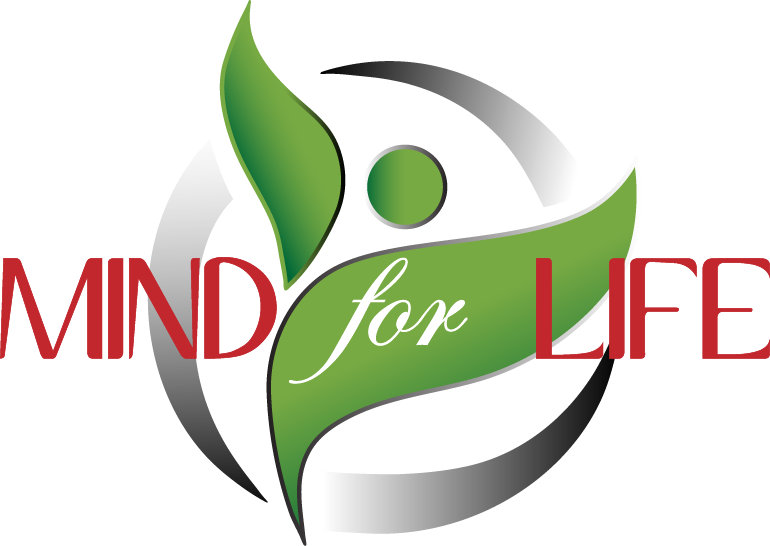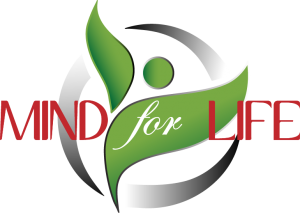By Nilofar Dorani
Physical activity is defined as any bodily movement produced by skeletal muscles that require energy expenditure or an activity requiring physical effort that is carried out to sustain or improve health and fitness. If food is the most important part of health, exercise definitely comes next. Research studies suggest that physical activity has an important role in weight management.

Obesity is a significant health problem globally for all ages, it is associated with excess calories stored in the form of fat in the body. Consequently, long-term excess calories or fat stores in the body leads to becoming overweight or obese. Research studies have found younger overweight and obese people at a higher risk of developing hypertension, osteoarthritis, abnormal cholesterol and triglyceride levels, type 2 diabetes, coronary heart disease, stroke, gall bladder disease, sleep apnea, respiratory problems and some cancers later in life. Exercise can help prevent excess weight gain, help with weight loss and maintain a healthy weight. If supplemented with proper balanced nutrition, exercise can result in burning excess calories and the prevention of obesity.

So whatever form of exercise you choose to do, make sure it becomes a normal part of your healthy lifestyle and don’t forget to have fun along the way!
- <Benefits need and importance of daily exercise.pdf>.
- Australian Dietary Guidelines
NHMRC; 2013 [cited 2020 27th of August]. Available from: https://www.nhmrc.gov.au/about-us/publications/
australian-dietary-guidelines. - Swift DL, Johannsen NM, Lavie CJ, Earnest CP, Church TS. The role of exercise and physical activity in weight loss and maintenance. Prog Cardiovasc Dis. 2014;56(4):441-7
Submit the application below and an accredited health professional will
contact you at their earliest availability.


